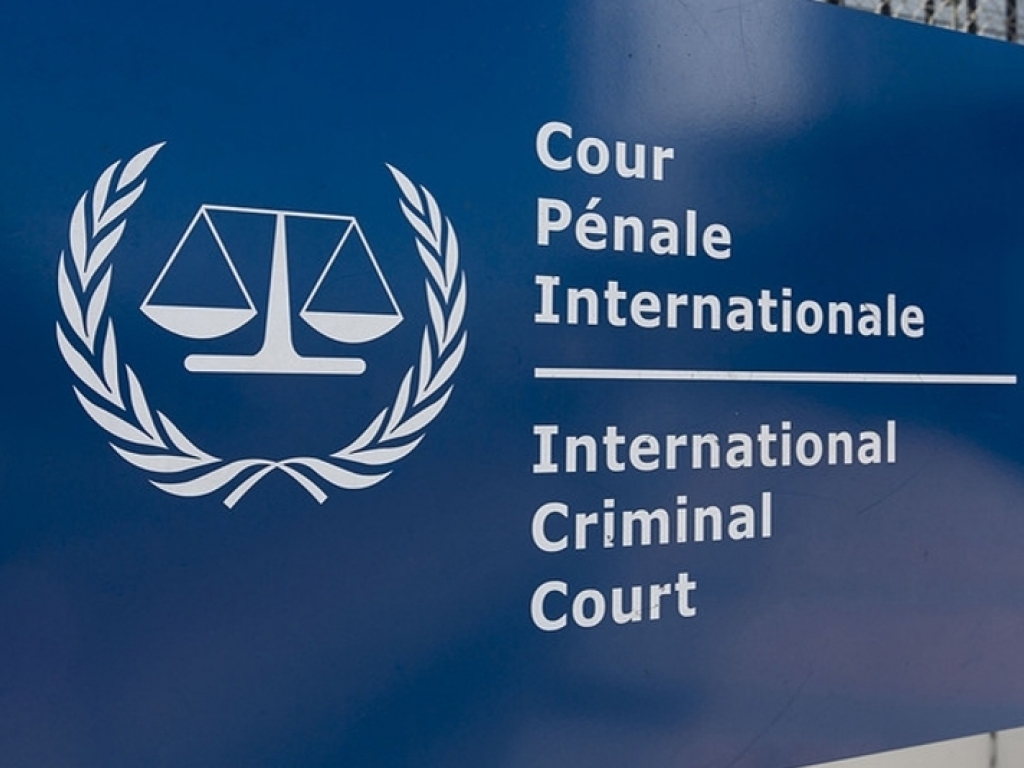DA to challenge ‘Impunity Bill’
The DA is unhappy with the International Crimes Bill tabled in Parliament on Wednesday evening and vowed that it would not pass through unchallenged.
The Democratic Alliance is not happy with the International Crimes Bill 37 of 2017 tabled in Parliament on Wednesday evening and vowed that it would not pass through unchallenged.
The bill seeks to repeal the Implementation of the Rome Statute Act and withdraw South Africa from the International Criminal Court (ICC).
In a statement issued on Sunday, DA Federal Executive Chairperson James Selfe lambasted the bill, dismissing it as the “Impunity Bill”, saying it “pays lip service to South Africa’s role as a leader in the African context, and as a champion of dispute resolution” but has a number of disturbing aspects.
According to the statement, the DA has made the following observations:
- Having previously attempted to withdraw from the ICC, with no alternative for the prosecution of international crimes being presented, the ANC is now seeking to confer jurisdiction over these crimes on domestic courts;
- Jurisdiction is limited to crimes committed in SA, crimes where the accused or a victim is a South African citizen or resident, and crimes where the accused is present in the country after the commission of the crime;
- In order for any prosecution contemplated by this Bill to even begin, a warrant of arrest must be applied for by the National Prosecutor, or an authorised prosecutor. This already introduces administrative delays that may allow an accused time to flee the state. Vesting this discretion in a political appointee, like the National Director of Public Prosecutions, currently, Shaun Abrahams who we know to be a lapdog for President Zuma’s cabal of cronies and cadres, is a recipe for disaster;
- Administratively, a request for arrest issued by the ICC to member states applies immediately upon receipt, with the effect that subjects may, and ought to be, arrested upon arrival in the country. This Bill fails to achieve that, probably deliberately;
- The ANC has maintained the illusion that the decision not to arrest Al-Bashir, a decision found to be unlawful by the High Court and Supreme Court of Appeal, was a principled one. They claim that they have ideological differences with the ICC and that on this basis, they did not feel obliged to arrest Al-Bashir. However, it is abundantly clear that this is false. In reality, the ANC’s decision was a political one, intended to protect a brutally authoritarian dictator in the interests of reciprocity and impunity;
- The impropriety of the Bill’s prosecutorial mechanisms is also present with regards to investigations. While the Rome Statute allows South Africa to outsource international justice, this Bill will place the onus to construct and manifest a criminal case squarely within domestic structures. Therefore, it shall fall to the Hawks to investigate complaints relating to international crimes, a duty they are singularly ill-placed to carry out; and
- The Bill seems to be aware of the shortcomings of a Hawks driven investigation, as it lists factors to be considered when deciding whether or not to investigate, but it fails to address these shortcomings and in so failing it leaves open an enormous loophole for prosecutions to be stillborn at the investigative phase.
“While there is a great deal more in the Bill to analyse and engage with, which the Democratic Alliance shall be doing in due course, it is clear on a first reading that the Bill is not intended to achieve justice for international crimes, but will only assist in the evasion of justice,” Selfe said in the statement.
Selfe added that the African National Congress would not be allowed to “absolve themselves of their duties to victims of genocides and other human rights violations taking place on a daily basis across the continent and the world”.
Comments
comments
8Bit

















